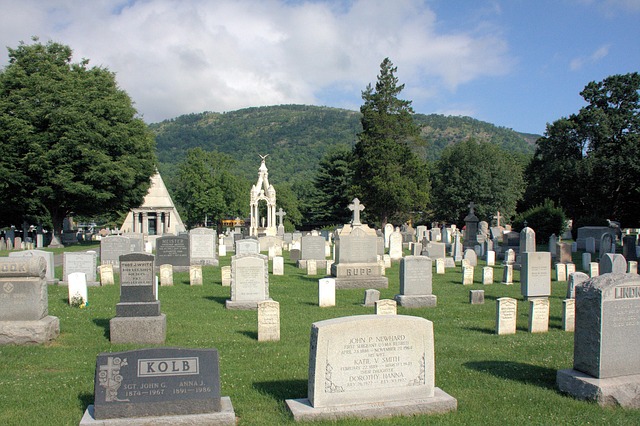Shelterwood Academy, a closed residential school in BC (1954-2014), reflects Canada's colonial history and systemic marginalization of Indigenous youth. Understanding its context is crucial for legal advocacy and reconciliation efforts. Victims have specific rights and protections, including justice and fair treatment when seeking redress. Legal advocacy groups guide survivors through complex processes, emphasizing history, trauma-informed approaches, and empowerment. Dedicated representation and systemic change are needed to support victims and ensure their voices are heard.
Shelterwood Academy, a former residential school, has left a complex legacy marked by both trauma and potential for healing. This article explores legal advocacy for victims of Shelterwood, delving into the historical context of the institution and the rights protections available to those who suffered there. We provide strategies for effective legal support, emphasizing the importance of understanding unique challenges faced by Shelterwood Academy survivors in their pursuit of justice.
- Understanding Shelterwood Academy and its Historical Context
- Legal Rights and Protections for Shelterwood Victims
- Strategies for Effective Legal Advocacy and Support
Understanding Shelterwood Academy and its Historical Context

Shelterwood Academy, a now-closed residential school in British Columbia, Canada, operated from 1954 to 2014 and held a significant place in the lives of many individuals, particularly indigenous youth. The academy was established with the intention of providing education and ‘reformation’ for children deemed “problematic” or in need of discipline, often removing them from their families and communities. This historical institution reflects a dark chapter in Canada’s history, marked by cultural assimilation policies targeting Indigenous peoples.
The context within which Shelterwood Academy functioned is deeply rooted in colonial practices and the systemic marginalization of indigenous communities. It was part of a broader network of residential schools across the country, many of which have been exposed for their abusive practices, including physical and sexual assault, cultural suppression, and emotional trauma. Understanding this historical context is crucial when discussing legal advocacy for victims, as it highlights the urgent need for justice and reconciliation.
Legal Rights and Protections for Shelterwood Victims

Victims of Shelterwood Academy, a facility known for its controversial methods, are entitled to specific legal rights and protections. These include the right to justice and fair treatment, especially when seeking redress for any alleged harm or abuse suffered during their stay. Many countries have laws in place to safeguard individuals in institutions like Shelterwood, ensuring they are not denied basic human rights.
Understanding these legal protections is crucial for former Shelterwood residents as they navigate the process of seeking compensation or justice. It empowers them to know that they have a voice and can take action against any form of illegal treatment or exploitation. Legal advocacy groups dedicated to Shelterwood victims’ rights play a vital role in guiding individuals through this complex process, ensuring their stories are heard and their legal entitlements respected.
Strategies for Effective Legal Advocacy and Support

Shelterwood Academy victims deserve robust legal advocacy to ensure their voices are heard and rights protected. Effective strategies include specialized knowledge of the institution’s history and practices, tailored legal approaches addressing unique trauma-related challenges, and building strong relationships with victims to foster trust and empowerment.
Advocacy efforts should encompass both individual cases and systemic change. This involves pressing for transparent policies, improved oversight, and accountability measures to prevent future harm. By combining targeted legal assistance with broader advocacy, a sustainable network of support can be established, empowering Shelterwood Academy survivors to reclaim their lives and seek justice.
In understanding the historical context of Shelterwood Academy and the rights and protections available to its victims, it’s clear that focused legal advocacy is a crucial step towards healing and justice. By employing effective strategies for legal support, we can ensure that survivors of Shelterwood-related harm receive the recognition and compensation they deserve. This holistic approach, which combines legal expertise with empathy, will ultimately help to prevent similar tragedies in the future, fostering a more just society for all.
